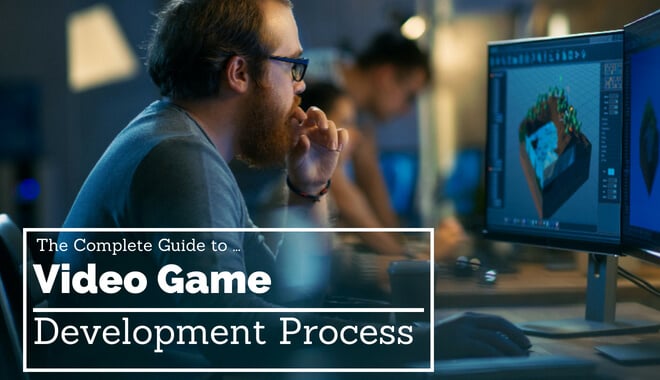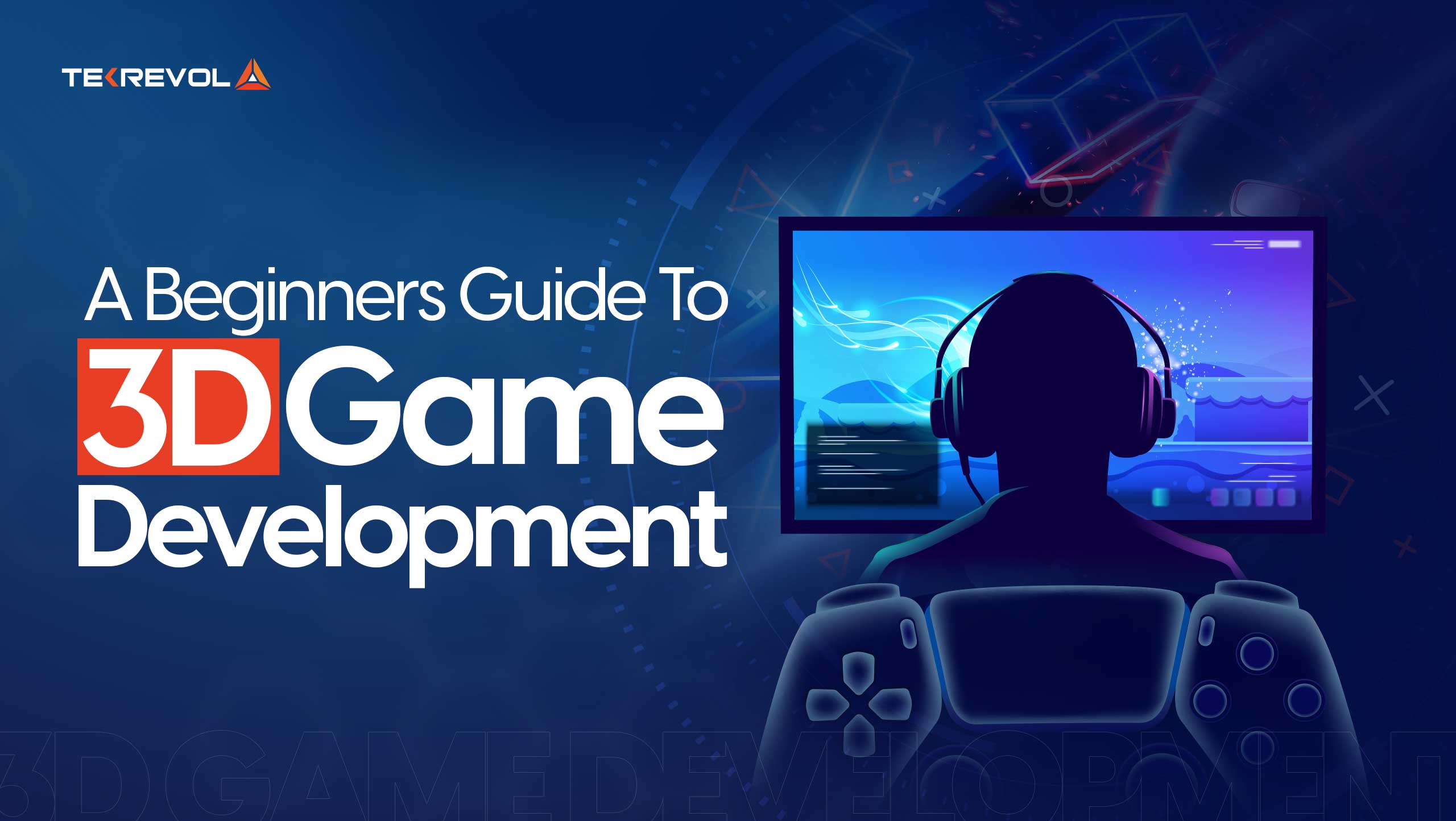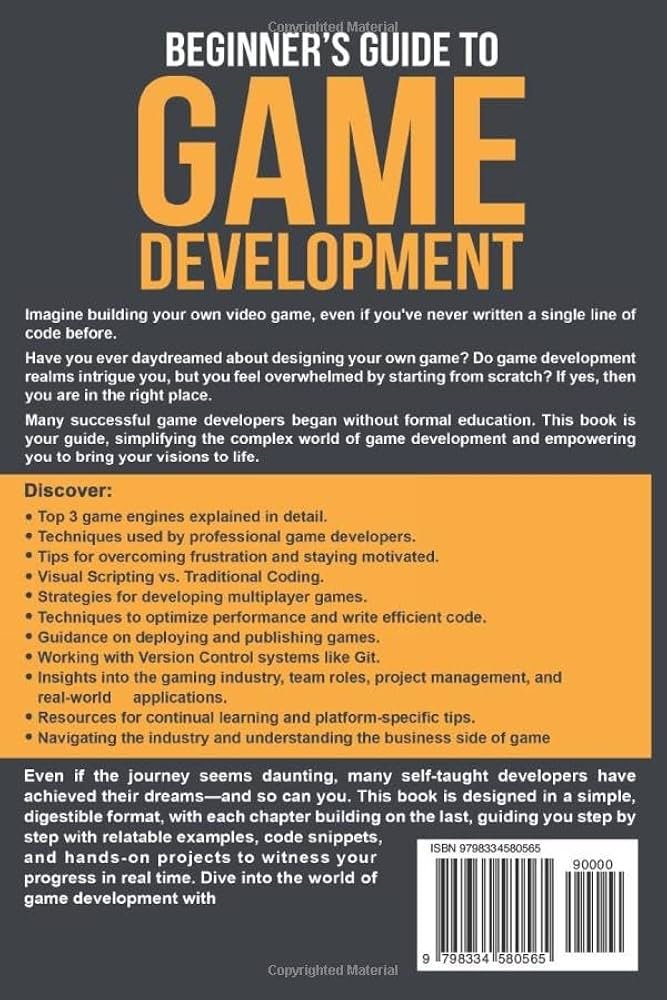
Understanding Game Development
What is Game Development?
Game development refers to the intricate process of creating video games, which encompasses designing, coding, artwork, sound, and testing. This multidisciplinary endeavor involves collaboration among various professionals, such as designers, programmers, artists, and producers. From simple mobile games to complex AAA titles, every game starts with an idea and evolves through numerous iterations.
For instance, a budding developer might start with a basic concept for a mobile puzzle game, gradually refining mechanics, visuals, and user experience throughout development.
Importance of Game Development for Beginners
For those new to the field, understanding game development is crucial for success. Here’s why:
- Skill Acquisition: Game development teaches valuable skills like coding, design, and storytelling.
- Creative Expression: It allows beginners to express their ideas and creativity in a unique way.
- Career Opportunities: The gaming industry is booming, offering a wide range of career paths.
Embracing game development opens doors to endless possibilities, much like a blank canvas awaiting your unique artwork. Those starting this journey should remember that every expert was once a beginner.

Getting Started in Game Development
Choosing the Right Game Development Tools
As one dives deeper into game development, the right tools are essential for bringing ideas to life. From game engines to asset creation software, here are some popular choices:
- Unity: Great for 2D and 3D games, supportive community.
- Unreal Engine: High-quality graphics, perfect for advanced users.
- GameMaker Studio: User-friendly for beginners focusing on 2D games.
For instance, a friend of mine started with GameMaker for its simplicity and quickly progressed to Unity as they gained more confidence.
Learning Basic Programming Languages for Game Development
Understanding programming is crucial, and beginners should focus on languages like:
- C# (most frequently used with Unity).
- C++ (essential for Unreal Engine).
- JavaScript (useful for web-based games).
By practicing these languages, newcomers can better appreciate the development process. It’s like learning the rules of a game before playing; it builds a solid foundation for creativity and technical skills ahead.

Game Design Fundamentals
Game Mechanics and Level Design
Once the tools and languages are in place, a game starts to take form through its mechanics and level design. Game mechanics are the rules and systems that govern how players interact with the game. This includes everything from jumping and shooting to crafting and trading. Conversely, level design shapes the environment where these mechanics play out.
Consider this: A friend of mine created a platformer where players had to solve puzzles to advance through levels. Each challenge was purposefully crafted to build upon the previous one, enhancing player engagement.
Creating Engaging Storylines and Characters
Equally important is weaving compelling storylines and characters into the game. Engaging narratives draw players into the experience and give them a reason to keep playing. Key elements include:
- Relatable Characters: Characters with depth create an emotional connection.
- Intriguing Plots: A well-crafted storyline keeps players on their toes.
For example, a captivating backstory can motivate a player to explore every corner of the game world. Ultimately, merging strong mechanics with rich narratives elevates any game, making it memorable and immersive.

Development Process Overview
Planning and Prototyping
With a solid understanding of game mechanics and story elements, the next step in game development is planning and prototyping. This phase is crucial for transforming ideas into a tangible format. Developers often create simple prototypes to test core mechanics and gameplay concepts.
- Brainstorming: Collaborate with your team to generate ideas.
- Wireframing: Sketch basic layouts of levels or interfaces.
- Rapid Prototyping: Use tools like Unity or GameMaker to build a basic version of the game.
A colleague recounted how they used paper sketches to visualize their game before ever coding, ultimately saving time and resources.
Coding and Implementation
Once the prototype is validated, it’s time for coding and implementation. This is where developers bring their designs to life through programming.
Key aspects include:
- Writing Code: Implementing game mechanics using chosen programming languages.
- Asset Integration: Adding art, sound, and animations into the game.
The coding process is like assembling a puzzle; each piece must fit perfectly to create a cohesive experience. A friend once shared how the thrill of seeing their first character move in the game after countless hours of coding was incredibly rewarding. This stage is where the magic truly begins!

Testing and Debugging
Importance of Testing in Game Development
Once coding and implementation are complete, the next crucial step is testing. Testing in game development ensures the game runs smoothly and meets the originally intended experience. It helps identify bugs, glitches, and design flaws.
- User Experience: Testing allows developers to see how real players interact with the game.
- Gameplay Balance: Fine-tuning ensures that challenges are appropriate and enjoyable.
A friend once learned the hard way that skipping thorough testing resulted in a game that was nearly unplayable at launch. By dedicating time to rigorous testing, developers can avoid major pitfalls and enhance player satisfaction.
Debugging Techniques for Beginners
After testing, debugging becomes essential to resolving issues. Here are some techniques for beginners:
- Recreate the Issue: Attempt to replicate bugs to understand their cause.
- Use Debugging Tools: Leverage built-in tools in engines like Unity to trace errors.
- Commenting Code: Simplify complex code sections by using comments to aid in troubleshooting.
When starting, it’s crucial to maintain a patient mindset. I recall spending hours tracking down a minor bug in my friend’s game, only to find it was a misplaced comma. Debugging is part of the journey, and each resolved issue builds a developer’s skill set.

Publishing and Marketing Your Game
Platforms for Publishing Games
After refining your game through testing and debugging, it’s time to bring it to players by choosing the right publishing platforms. Various options cater to different types of games:
- Steam: The largest platform for PC games, ideal for reaching a vast audience.
- Itch.io: Great for indie developers looking for a more niche market.
- Epic Games Store: Known for high revenue shares and community engagement.
When my friend released their first game on Steam, they were amazed by how easily they could connect with a global audience, which significantly boosted their motivation.
Marketing Strategies for Indie Game Developers
Marketing is equally crucial in ensuring your game reaches its full potential. Here are some strategies for indie developers:
- Social Media: Build a presence on platforms like Twitter and Discord to engage potential players.
- Press Kits: Create a compelling press kit featuring trailers, screenshots, and game details for journalists and influencers.
- Beta Testing: Invite players to test your game before launch, generating word-of-mouth buzz.
Remember, effective marketing is like crafting a storyline; it draws players in and creates anticipation. By sharing engaging content and updates, developers can foster a loyal community excited for a game’s release.

Continuing Education and Skill Development
Resources for Learning and Improving Skills
As the gaming industry evolves, so should your skills. Continuous learning is vital for staying relevant and effective as a game developer. There are numerous resources available for honing your craft:
- Online Courses: Platforms like Udemy, Coursera, and Khan Academy offer courses on game development, programming, and design.
- YouTube Tutorials: Many developers share their insights and techniques, which can be incredibly beneficial for visual learners.
- Books: Consider reading titles like “The Art of Game Design” by Jesse Schell, which provides industry insights.
A buddy of mine credits his progress to numerous online courses, which equipped him with skills that immediately improved his projects.
Networking in the Game Development Community
Networking is another key component of growth in game development. Connecting with others provides opportunities for collaboration and learning:
- Game Jams: Participating in events like Global Game Jam can help you meet fellow developers and expand your skillset.
- Forums and Online Groups: Join communities on Reddit, Discord, or specialized websites to share ideas and seek advice.
Remember, every developer started as a beginner, just as you are. Building relationships in the community not only enhances your technical knowledge but also nurtures friendships that can last a lifetime.

Career Paths in Game Development
Different Roles in the Game Development Industry
As you explore the exciting field of game development, it’s essential to understand the various career paths available. Here are some key roles:
- Game Designer: Responsible for conceptualizing gameplay, mechanics, and player experience.
- Programmer: Focuses on coding the game, implementing systems, and troubleshooting issues.
- Artist: Creates visual assets, including characters, environments, and animations.
- Sound Designer: Develops sound effects and music to enhance the game experience.
A friend’s journey into game development began as a game tester before transitioning into a designer role, showcasing the diverse pathways available.
Tips for Landing Your First Game Development Job
Breaking into the industry can be competitive, but there are strategies to increase your chances of success:
- Build a Portfolio: Showcase your work through personal projects and contributions to team efforts.
- Internships: Seek out internships or entry-level positions to gain practical experience.
- Attend Industry Events: Networking at conferences can lead to job opportunities.
Persistence pays off. A colleague of mine was turned down multiple times before securing a role, but their resolve and continuous improvement led to a fulfilling career. Embrace challenges and keep refining your skills; the gaming world is waiting for you!

